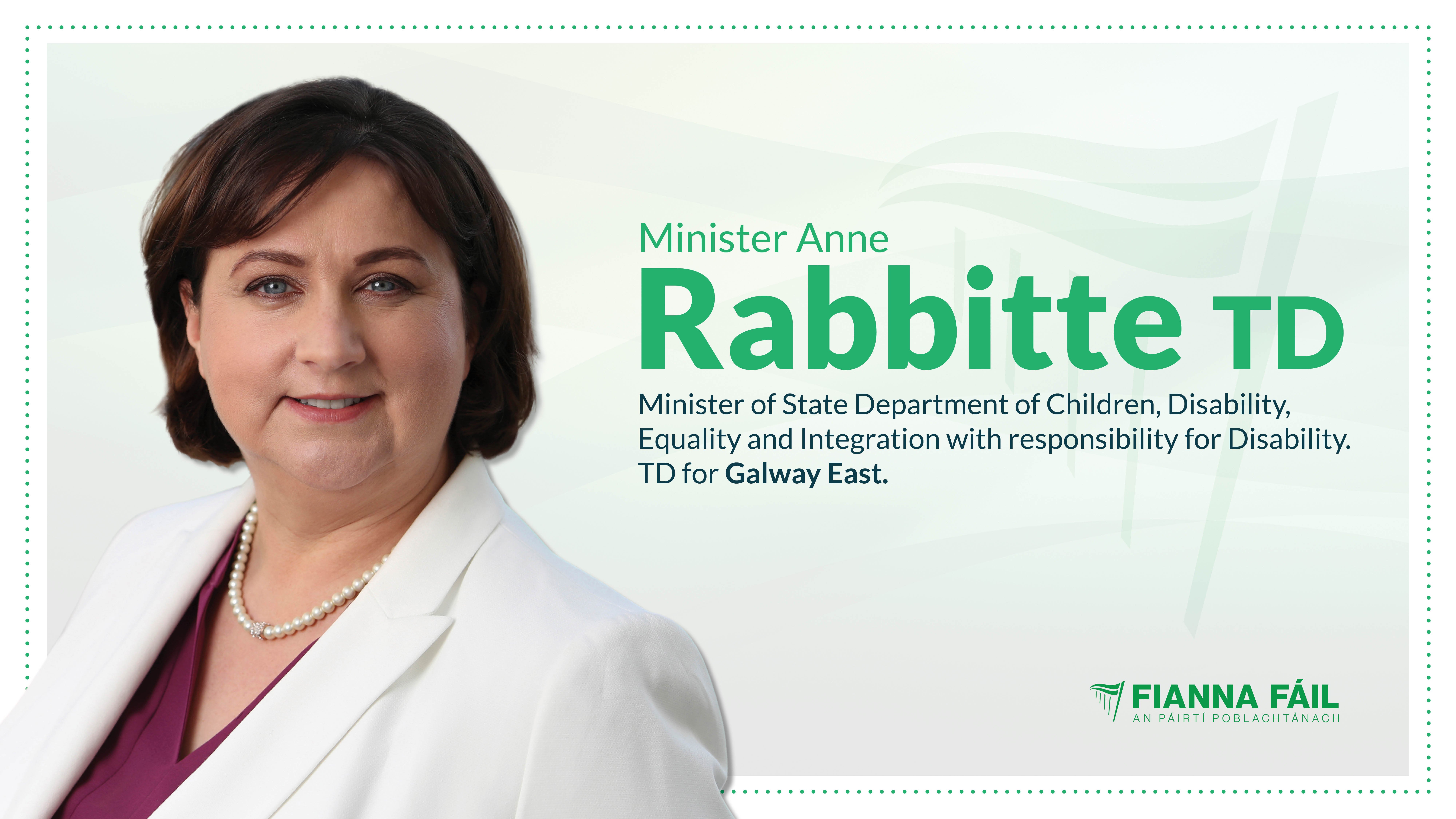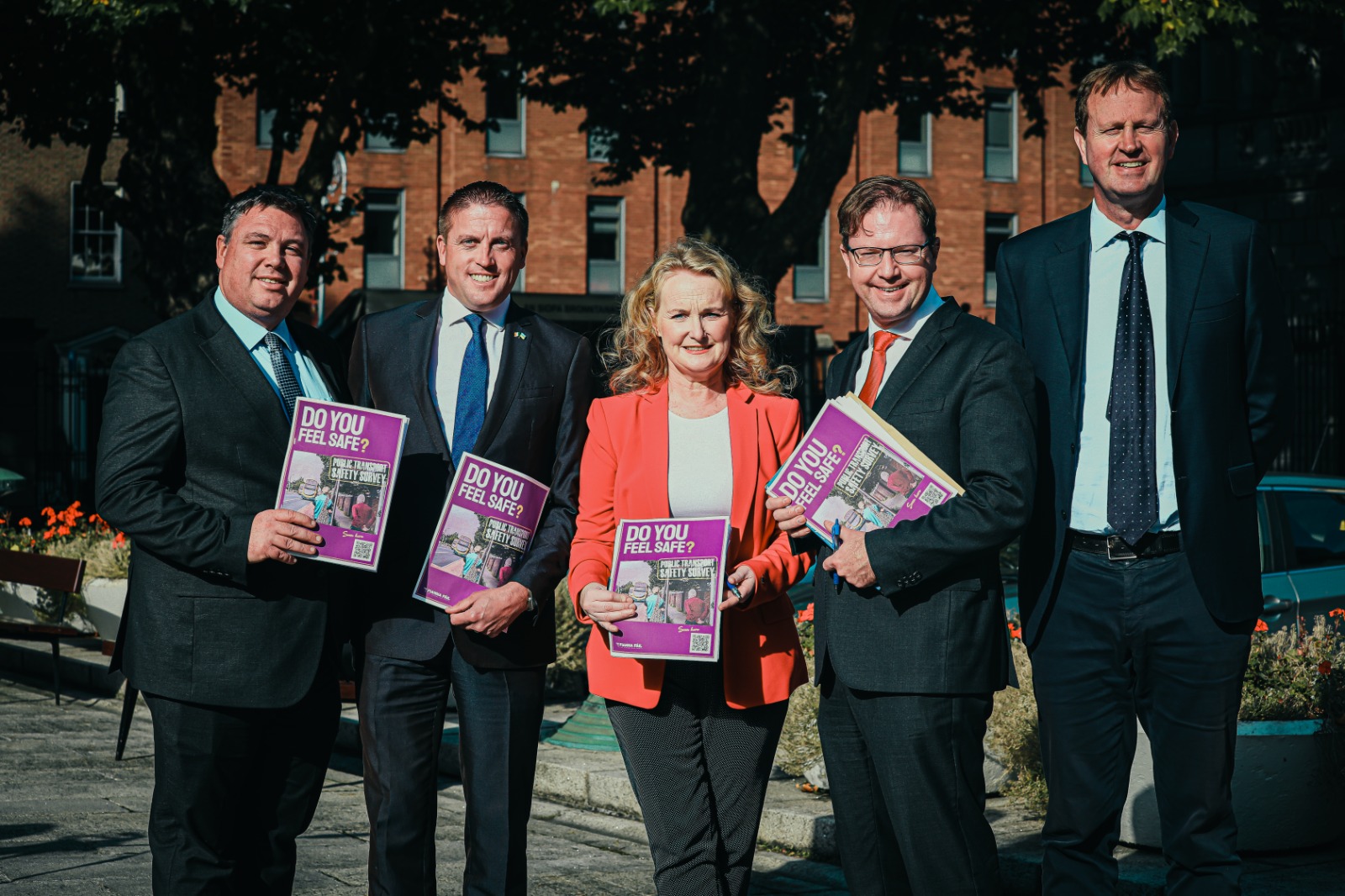McConalogue responds to stakeholder feedback on proposed CAP strategic plan
Published on: 26 November 2021
Minister brings forward new Eco Scheme options following consultation and Outlines Updated Proposals for Pillar 2 Measures
The Minister for Agriculture, Food and the Marine, Charlie McConalogue TD, today confirmed he has made additions to the interventions planned under Ireland’s 2023-2027 CAP Strategic Plan.
The Minister said: “I have listened carefully to farmers through direct consultation with farm organisations and through the CAP Consultative Committee as well as on my recent nationwide tour of 27 marts in 25 counties and I have now reflected on this feedback.
“In early November, the launch of the public consultation on the Environmental Report on the draft CAP Strategic Plan included changes to, for example, the Suckler Carbon Efficiency Programme and the Sheep Improvement Scheme, and also included a new Straw Incorporation Measure for tillage farmers and a Collaborative Farming Grant to encourage generational renewal. Today, I am also announcing amendments to previously published Eco-scheme options, as well as a number of additional agricultural practices to be included as options, which will raise the number of such practices available under the scheme from five to 10.”
Continuing, the Minister said: “I intend to take on board the views of stakeholders following the closing date of the public consultation on 8th December. However, as the time is short to get the Plan completed by the end of the year, I am responding now to stakeholders’ requests for additional Eco-scheme practices in order to allow them time to consider these proposals in the interim.”
Recalling that farmers will have to carry out two Eco-scheme practices in order to qualify for a full payment, the Minister referred to the existing list of five practices already published, as follows:
1. Space for Nature – at least 7% of a farmer’s holding must be devoted to biodiversity, habitats or landscape features, building on the 4% requirement for all farmers already set under GAEC 8 as part of Conditionality.
2. Extensive Livestock Production – this will promote traditional grassland farming practices at extensive animal stocking rates. To qualify, the stocking rate over the previous year must be between a minimum (0.15 LU/hectare) and a maximum (proposed as 1.5 LU/hectare) value.
3. Limiting Chemical Nitrogen Usage - this will promote low usage of chemical nitrogen. To qualify the farmer must not exceed a certain level of chemical nitrogen (proposed as 73kg per hectare) across their holding in the year of Eco-Scheme participation.
4. Planting of Native Trees - this will promote planting of native trees. To qualify the farmer must plant at least three trees per eligible hectare in the year of Eco-Scheme participation.
5. Use of a GPS-controlled Fertiliser Spreader - this will promote the use of precision machinery for application of chemical fertiliser, thereby reducing inputs while also reducing environmental and climate impact.
The Minister indicated that the following amendments are now being proposed to these options:
3. Limiting Chemical Nitrogen Usage - this practice is being expanded to also reward more moderate to intensive farmers who limit their chemical nitrogen use to a lower level based on their stocking rate in the previous calendar year. Further details are set out in the following table:
|
Grassland stocking rate in 2022 (kgs organic nitrogen per ha) |
Max permitted application of chemical nitrogen in 2023* (kgs per ha) |
|
<90 |
73 |
|
91-130 |
89 |
|
131-170 |
165 |
|
171-210 |
240 |
|
>210 |
214 |
*These figures are indicative only and are not yet finalised.
Each farmer will be presented with their chemical nitrogen limit in the year of the Eco-scheme application based on their stocking rate in the previous year.
Where a farmer who was stocked at, for example, 100 kgs of organic nitrogen per hectare in 2022 wishes to avail of this Eco-Scheme practice in 2023, they must ensure they do not apply more than 89 kgs of chemical nitrogen per hectare in 2023.
Compliance levels for 2023 will be checked using the Department’s Fertiliser Register in Quarter 4 2023.
4. Planting of Native Trees - a farmer can now opt to plant a length of hedgerow instead of three trees per eligible hectare. Where the farmer opts to plant a hedgerow, the commitment will be for one metre per eligible hectare instead of three trees per eligible hectare.
5. Use of a GPS-controlled Fertiliser Spreader - this practice is also being expanded, to include GPS-controlled sprayers where they are used to apply liquid fertiliser and/or plant protection products.
The Minister also indicated that the following additional Eco-Scheme practices are now being proposed:
1a Space for Nature - where a farmer commits 10% or more of his/her holding to “Space for Nature”, that will be considered as two actions, and qualify a farmer for a full Eco-scheme payment.
4a Planting of Native Trees - Where a farmer selects to plant twice the commitment, that is, six trees per eligible hectare or two metres of hedgerow per eligible hectare, this will count as two practices and qualify a farmer for the full Eco-Scheme payment.
6. Soil Sampling and, where appropriate, Liming on all eligible hectares - aimed at improving soil fertility. This action can be chosen once every three years in line with Teagasc guidance regarding the appropriate intervals between soil samples being taken.
7. Enhanced Crop Diversification - where a farmer has a crop diversification requirement, s/he must plant a break crop (beans, peas, oilseed rape or oats) as their second or third crop. Where a farmer has a 2-crop requirement, the break crop must account for at least 25% of the arable area. Where a farmer has a 3-crop requirement, the break crop must also account for at least 25% of the arable area.
8. Sowing of a Multi Species Sward - on at least 6% of eligible hectares in the year the farmer selects this agricultural practice as one of his/her two Eco-scheme actions.
The Minister added: “The addition of these new practices will not only provide farmers with more options to participate in the Eco-scheme but will also contribute to delivering on the Scheme’s objectives in relation to climate, environment, water quality and biodiversity.”
On the other changes made as part of the launch of the public consultation earlier this month, the Minister confirmed that he has:
- changed the approach to the Suckler Carbon Efficiency Programme, by removing the proposed restriction preventing any increase in participants’ herd size;
- removed the proposed eligibility requirement for beneficiaries of the Sheep Improvement Scheme to be participants in a Bord Bia Sustainable Lamb Assurance Scheme;
- expanded early-stage support for producer organisations to cover other sectors, including cereals, potatoes and the amenity sector;
- improved gender balance and support for qualified female farmers through higher investment support rates under the On-Farm Capital Investment measure and targeted Knowledge Transfer support;
- added two new interventions in the form of (i) a Straw Incorporation Measure to encourage tillage farmers to increase soil organic carbon content, and (ii) a Collaborative Farming Grant to provide parallel support for older farmers and encourage earlier succession planning.
Concluding, the Minister said: “I have made listening to and engaging with farmers a hallmark as my time as Minister and I have consulted widely with farmers on the CAP Strategic Plan as it so crucial to so many farm families across the country. I am confident that these changes respond effectively to stakeholder feedback, and that the Eco-Scheme proposals will ensure that any active farmer, regardless of farm type or size, who wishes to participate in the Eco-Scheme from 2023 on will be able to do so.”


